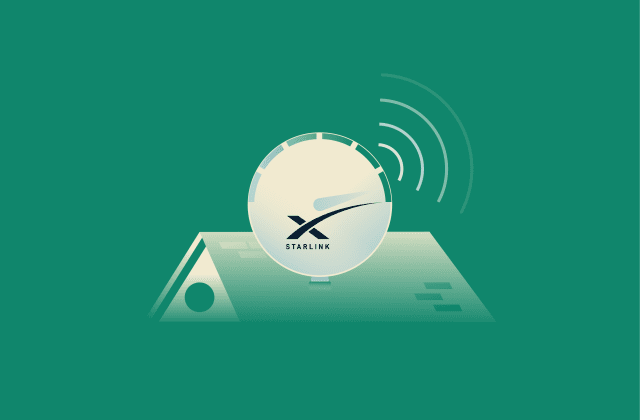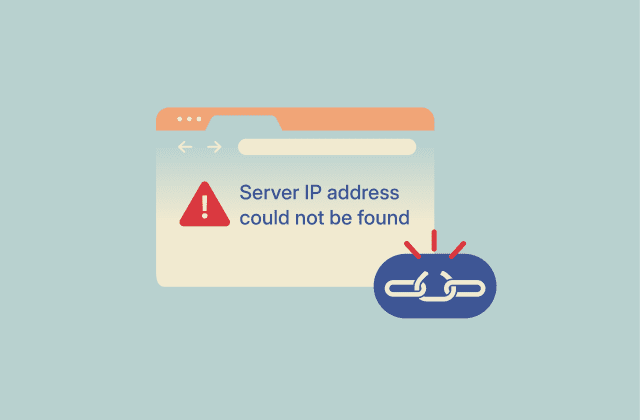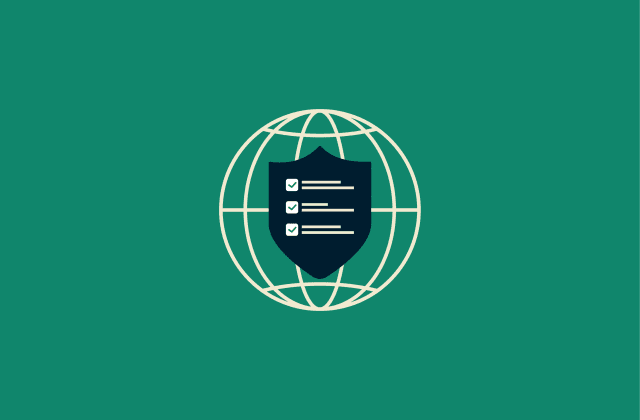Cloud VPN services explained
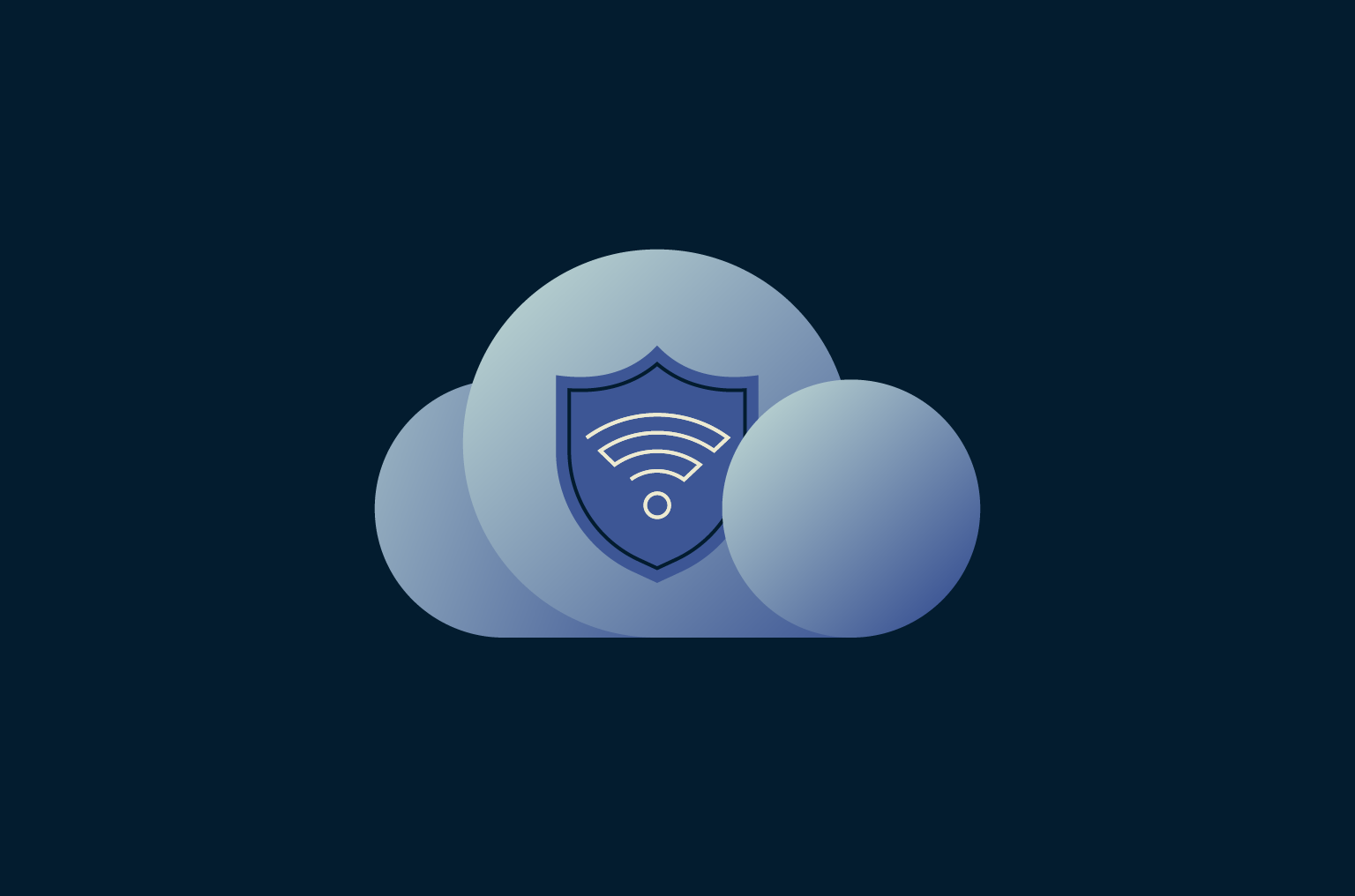
As remote and hybrid work become more common, businesses need ways to provide employees around the world with secure access to files, apps, and other critical resources. Accessing these resources from outside a corporate network introduces additional risks, so organizations often implement extra security measures.
Cloud virtual private networks (VPNs) are one such tool. They help protect sensitive company data while enabling employees to securely access resources from anywhere.
In this article, we’ll outline what cloud VPNs are, how they work, and key considerations for businesses looking to implement them.
What is a cloud VPN service?
Sometimes referred to as VPN-as-a-Service (VPNaaS), cloud VPNs are a type of VPN that relies on cloud infrastructure rather than requiring dedicated on-premises hardware at the organization’s site.
Like other VPNs, cloud VPNs use protocols to create secure tunnels between devices and networks. This ensures that data can safely flow from one point to another, and even if intercepted, encryption ensures only authorized users can access it.
Cloud VPNs are generally designed for enterprise use. They protect employees’ traffic as they access resources, apps, and infrastructure. Cloud VPNs are flexible and scalable, allowing organizations to adjust resources as their needs evolve.
Cloud VPN vs. on-premises VPN
Cloud VPNs and on-premises VPNs both provide secure access to network resources, but they differ in how they are hosted, managed, and scaled. Cloud VPNs leverage cloud infrastructure to offer flexibility and rapid scalability, while on-premises VPNs rely on internal hardware and IT teams for maintenance and capacity planning.
Some organizations adopt a hybrid approach, combining cloud-hosted VPN nodes with on-premises VPN hardware to meet specific security, compliance, or performance requirements. Organizations often choose one approach (or a combination of both) based on their security requirements, workforce distribution, and IT resources.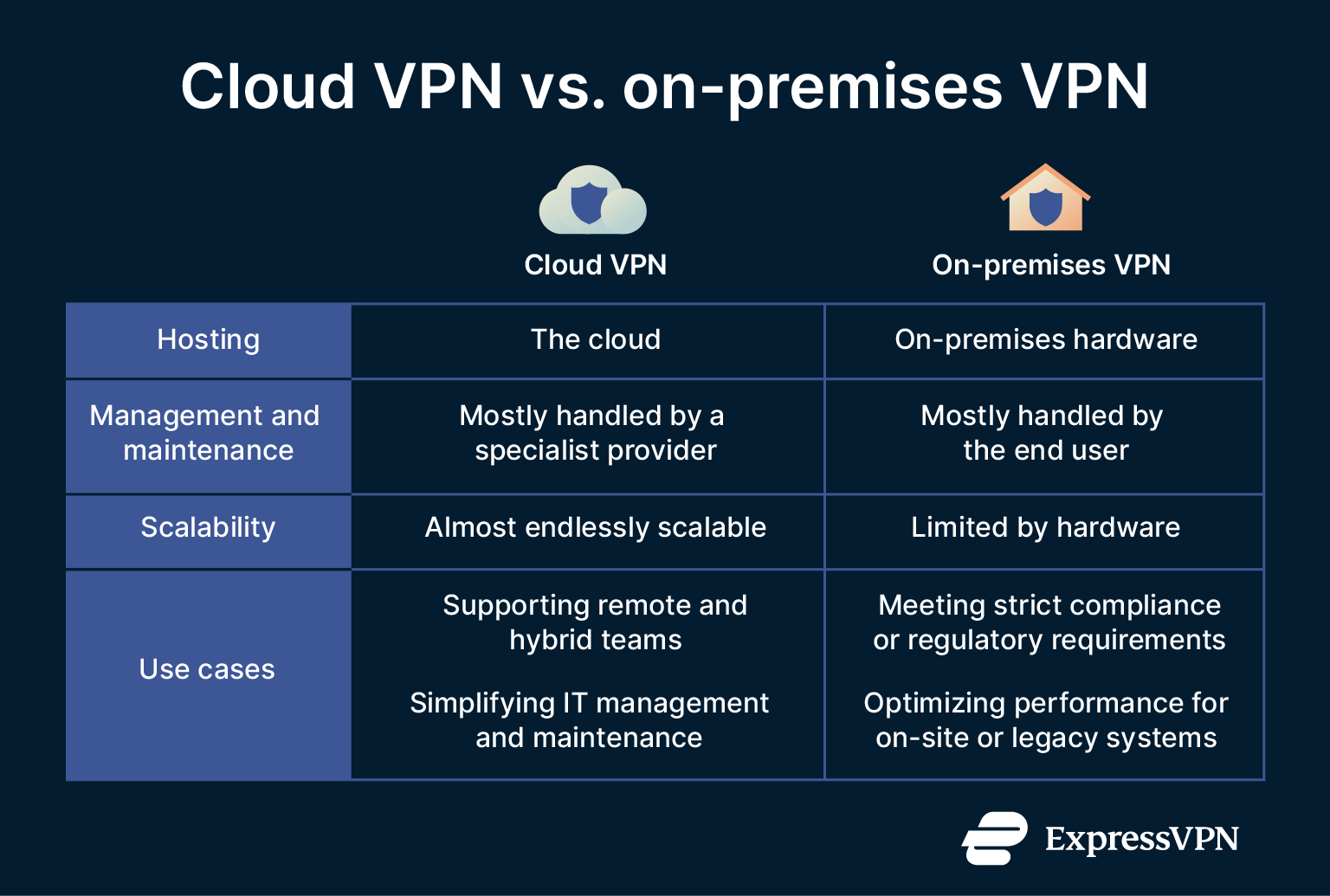
How does a cloud VPN work?
Cloud VPNs create secure connections between a user and their company’s cloud infrastructure. The VPN gateway serves as an intermediary to establish and sustain these connections, encrypting outgoing data from the user’s device and decrypting incoming data from the cloud.
Broken down into simple steps, here’s what the process looks like:
- The user connects to the cloud VPN service, typically using a client application or console.
- The service carries out authentication checks to verify the user and their device.
- After authentication, the cloud VPN forms an encrypted tunnel using a secure VPN protocol, such as Internet Protocol Security (IPsec) or Secure Sockets Layer (SSL) / Transport Layer Security (TLS).
- Data passes safely through the tunnel between the employee’s device and cloud resources.
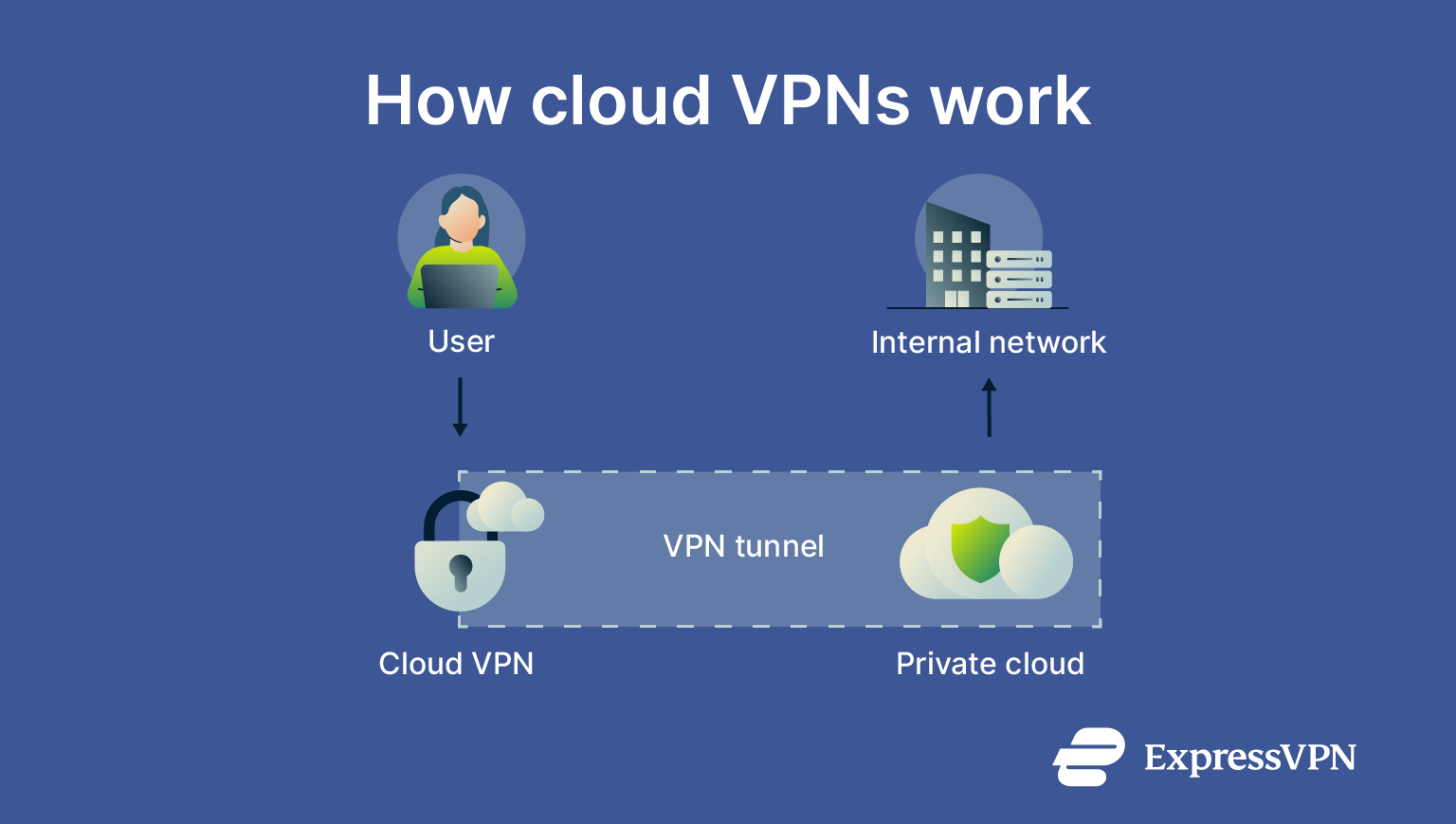
Core mechanisms and tunneling protocols
To secure data, cloud VPNs rely on three core mechanisms:
- Authentication: This ensures that only authorized users can access the service.
- Tunnel creation: A secure tunnel forms between the user and the network.
- Encryption: All data passing through the tunnel is encrypted.
The exact way these tasks are handled is determined by the VPN protocol. Common enterprise-grade protocols include Internet Key Exchange version 2 with Internet Protocol Security (IKEv2/IPsec) and OpenVPN, each offering specific benefits in terms of security, performance, and compatibility. Organizations often select a cloud VPN provider based on the protocols it supports, aligning with their security policies and operational requirements.
Encryption and authentication standards
Cloud VPNs use a mixture of encryption and authentication standards to safeguard user traffic and data. These vary from provider to provider, but many rely on Advanced Encryption Standard (AES) for encryption and IKEv2 for key exchange and tunnel negotiation.
Types of cloud VPN solutions
Cloud VPNs fall into different classes or categories. While they all share a primary purpose, they can function differently on a technical level.
Remote access cloud VPNs
As the name suggests, remote access VPNs enable workers to securely access company networks and resources while physically separated from office environments. Scalable, relatively simple, and easy to deploy, remote access cloud VPNs facilitate remote and hybrid work.
Site-to-site or network cloud VPNs
Rather than connect individual endpoints to distant resources, site-to-site VPNs link entire networks together. For this reason, they’re sometimes called network VPNs. A business might use one to connect its main corporate headquarters to various branch offices and data centers in other locations.
Key features of a cloud VPN
Most cloud VPNs share certain characteristics.
Scalability and flexibility
Like other cloud-based services, cloud VPNs have the benefit of being highly scalable. Whereas conventional setups face a variety of obstacles when it comes to growth, with cloud solutions, budget is the only real limitation. More devices and users can be easily added to the system, and additional resources can be assigned to deal with higher traffic and large data transfers. This can all be achieved without costly hardware upgrades, making cloud VPNs a flexible option for businesses.
Integrated security controls
Major cloud VPN services come with built-in security dashboards that admins can use to enforce rules and control access. Features like multi-factor authentication (MFA) and single sign-on (SSO) are convenient and enhance security. Admins can also use integrated logging and reporting features to track performance and spot anomalies.
Cost management tools
Many cloud VPN providers come with built-in cost management functions, such as billing reports or customizable dashboards that allow admins to track costs and receive alerts if projected costs are on course to exceed the budget.
BYOD and workforce mobility support
Cloud VPNs are ideal for businesses with bring your own device (BYOD) frameworks. They allow employees to enjoy secure, managed access to key company files and resources, even when using personal devices. Cloud VPN clients are easy to install, and most are compatible with all major operating systems.
Benefits of using a cloud VPN
From protecting sensitive data to simplifying remote access, here are some of the key benefits organizations can gain by using a cloud VPN.
Enhanced data protection and privacy
Many businesses invest in cloud VPN technology to secure data while it’s in transit. Companies that allow employees to access sensitive files or transfer data using a normal internet connection risk having information intercepted and leaked. Many also come with protections that can mitigate distributed denial-of-service (DDoS) attacks and other threats.
Global accessibility for remote teams
A cloud VPN enables organizations to support teams working across different regions by providing fast, reliable access to corporate resources. With a wide network of VPN gateways, employees are automatically connected to the nearest server, reducing latency and improving performance. Multiple regional points of presence (PoPs) also enhance redundancy and reliability.
Cost-effectiveness compared to on-premises VPNs
Cloud VPNs are often more affordable than on-premises VPNs. Companies that opt for in-house physical hardware need to pay for initial setup as well as ongoing maintenance. With a cloud VPN, you don’t need all that expensive on-site hardware, so it typically works out to be cheaper, at least in the short and medium term.
Simplified IT management
Compared to on-premises alternatives, cloud VPNs are generally easier for IT departments to manage. If you use a managed service provider, they will often handle most of the configuration and maintenance tasks.
Cloud VPN use cases
Organizations use cloud VPNs to support a number of different ends.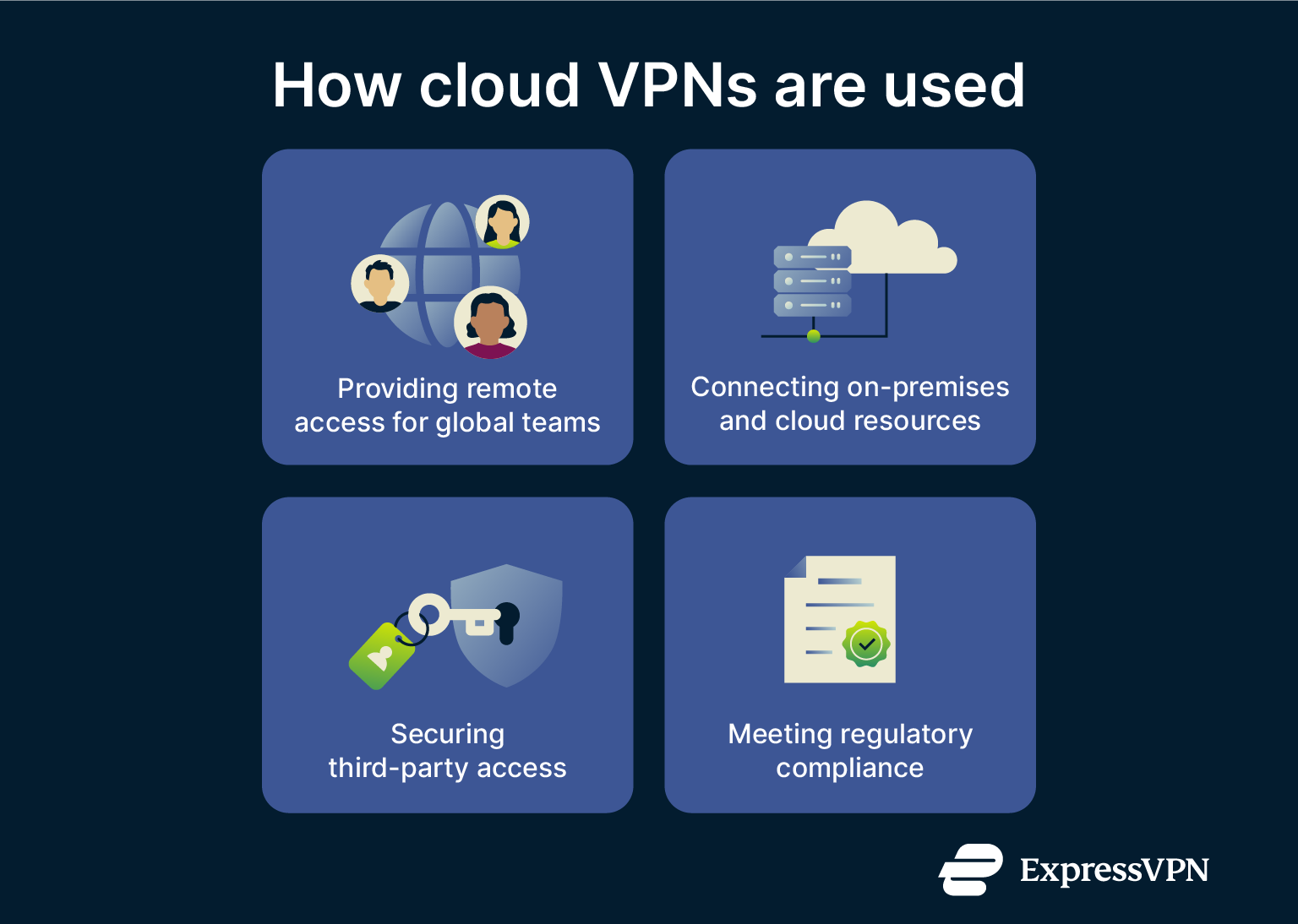
Securing remote access for global teams
Most organizations have endpoints, applications, and internal resources that need to be protected from the public and cybercriminals alike. Additionally, businesses following the principle of least privilege need to grant employees different levels of access according to their role. Cloud VPNs are one tool for ensuring that only authorized users can access various resources. By authenticating users, cloud VPNs ensure that only verified identities can reach sensitive systems.
As more businesses adopt cloud infrastructure to support remote work, concerns around security and privacy have grown. Many organizations are moving toward zero-trust cloud architectures, which assume that no user or device is automatically trusted. Cloud VPNs can play a role in this framework by encrypting connections and restricting access, helping organizations protect resources while supporting secure remote access.
Hybrid cloud interconnectivity
For businesses that rely heavily on the cloud and require continuous, secure, and private connections between on-premises and cloud infrastructure, cloud VPNs are very useful. They allow organizations to connect cloud and in-house systems and resources safely.
Contractor and third-party access management
Some businesses may need to provide third parties with access to files or resources from time to time. Cloud VPNs allow them to do this in a secure way, granting controlled, managed access to contractors and other parties. Many allow for granular control, granting access only to specific applications or network segments, ensuring that third parties only reach the resources they’re authorized to use.
Regulatory compliance and data residency
Many businesses today have to comply with strict data privacy and residency regulations in order to keep sensitive information, like their customers’ personal data, safe and private. For firms in industries like healthcare, finance, law, and technology, cloud VPN solutions can be useful tools for supporting compliance.
Cloud VPN best practices
Though connecting to a cloud VPN can be as simple as clicking a button, organizations should take extra steps to achieve the maximum level of security.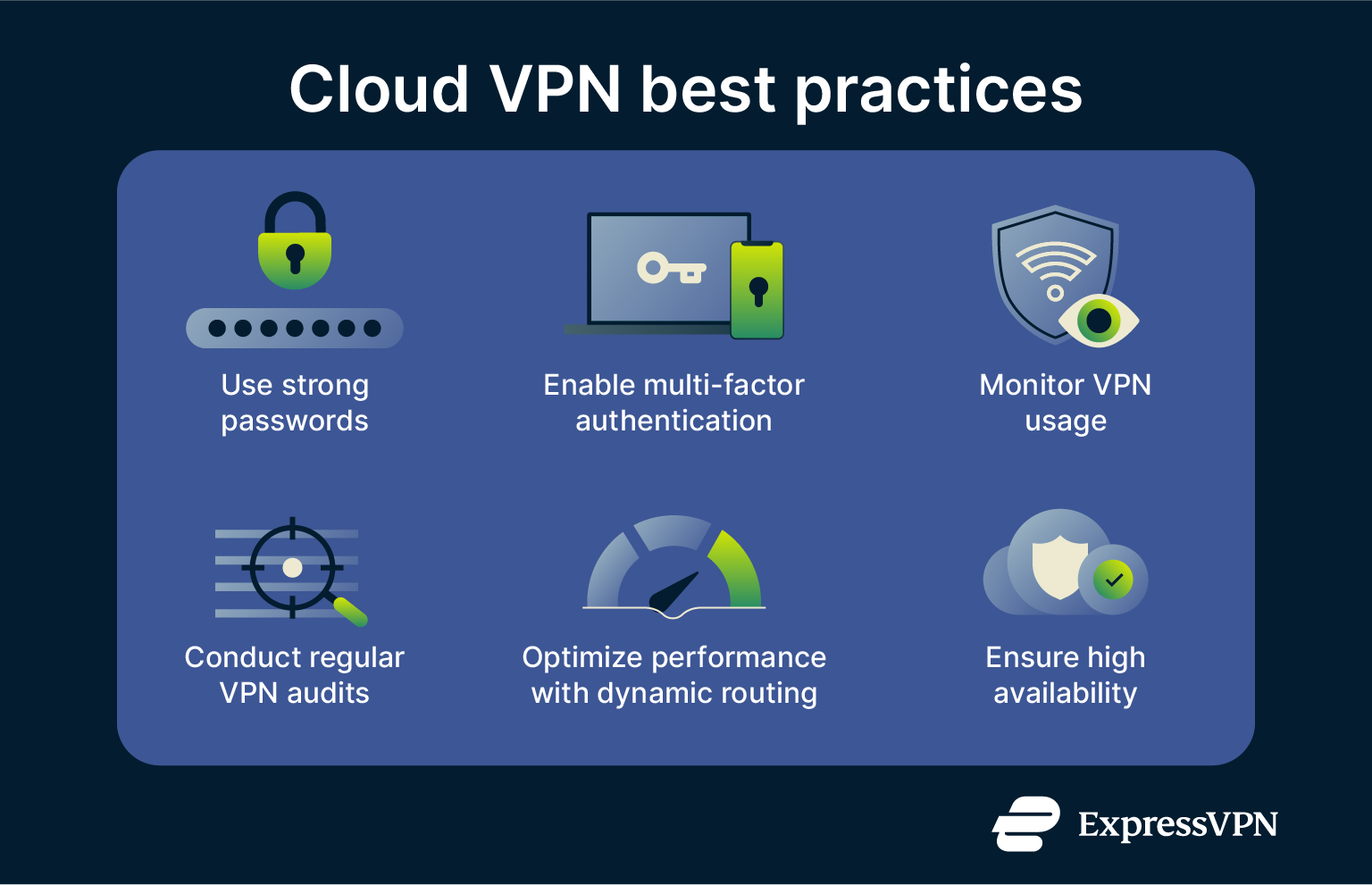
Enforce strong identity and access management
As with any service, it’s important to securely manage credentials associated with a cloud VPN. Use complex and unique passwords for all accounts and additional security layers like MFA, SSO, and identity and access management (IAM). Employees should also receive training on cybersecurity best practices and how to avoid common threats, like phishing attacks. Firms in high-risk industries may also want to consider adopting zero-trust security principles.
Monitor and audit VPN usage
Keep track of your cloud VPN usage using built-in reporting and analytics tools. These allow admins to see how the VPN is being used, who has access, and more. Regular monitoring and auditing may also help you spot any signs of suspicious activity.
Optimize VPN performance with dynamic routing
Most cloud VPN services let you choose between static and dynamic routing. Static routing essentially provides a fixed list of networks or IP address ranges as part of the VPN configuration, while dynamic routing will allow the VPN to automatically learn and share new routes. Dynamic routing is more scalable and adaptable and is therefore a better choice for many enterprises.
Ensure high availability and failover
If your business needs uninterrupted access to key files and resources stored in the cloud, you’ll need a VPN that maximizes availability. Some providers deploy redundant gateways across multiple regions to enhance resilience and minimize downtime.
FAQ: Common questions about cloud VPNs
What is a cloud VPN used for?
Cloud VPNs are almost exclusively used by enterprises. Supporting a variety of use cases, they’re designed to secure connections between employees and their company’s cloud-based resources, apps, and data. If you’re an individual looking to hide your IP address and secure your traffic, a commercial VPN like ExpressVPN is a better solution.
Is cloud VPN secure?
As long as you use a trusted cloud VPN provider and configure your cloud VPN correctly, then yes, cloud VPNs are generally secure and reliable. They create tunnels between user devices, systems, and networks, with all data secured by encryption. This, in turn, helps companies keep their most sensitive files and information safe and private.
How do I set up a cloud VPN?
The process of setting up a cloud VPN is different for each provider. Some are more complex than others, which is a factor to consider when choosing a provider. Admins will need to configure various aspects of the VPN, but the process for end users is usually pretty straightforward.
Are there any limitations to cloud VPNs?
Yes, like commercial VPNs, cloud VPNs also have limitations. Some users may experience slowdowns when trying to access large amounts of data, for example. Some cloud VPNs also lack certain security features, like granular access controls, and many lack support for certain VPN and security protocols.
What's the difference between cloud and regular VPNs?
There are many differences separating cloud and regular VPNs. For starters, cloud VPNs run primarily in the cloud, while regular VPNs use physical hardware. Cloud-based VPNs are more scalable and flexible and are generally designed for business use, providing secure access to cloud-based apps and resources. Regular consumer VPNs, meanwhile, help users hide their IP addresses and enhance overall privacy.
Can I use a free cloud VPN for business use?
No, for business use, you won’t find any reputable cloud-based VPN provider that doesn’t cost money. That said, prices vary. Many providers offer tiered pricing structures with different fees to suit businesses of varying sizes and budgets, so it’s often possible to find a managed VPN service that aligns with your budget.
How does a cloud VPN help with remote work?
Cloud VPNs create secure, encrypted connections between remote workers' devices and cloud-based company resources, allowing remote workers to safely access important company files, apps, and sensitive data from any location, even when using public Wi-Fi networks or their own home networks.
Take the first step to protect yourself online. Try ExpressVPN risk-free.
Get ExpressVPN




